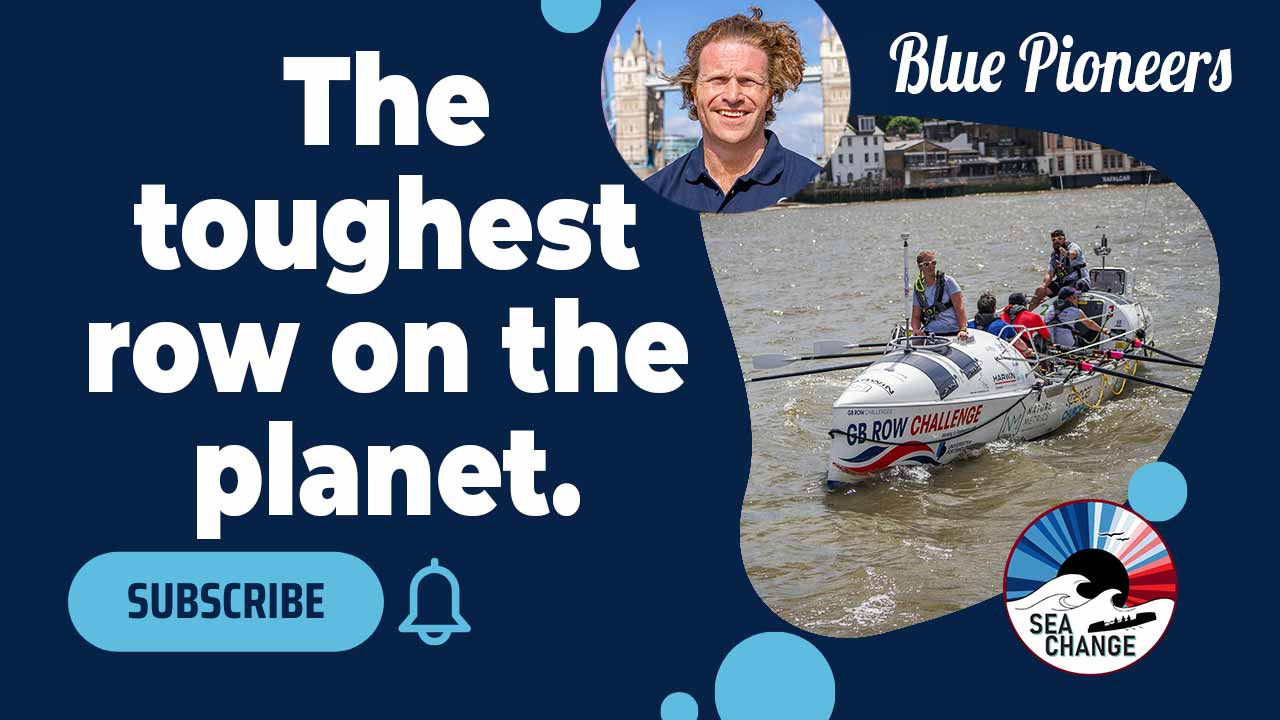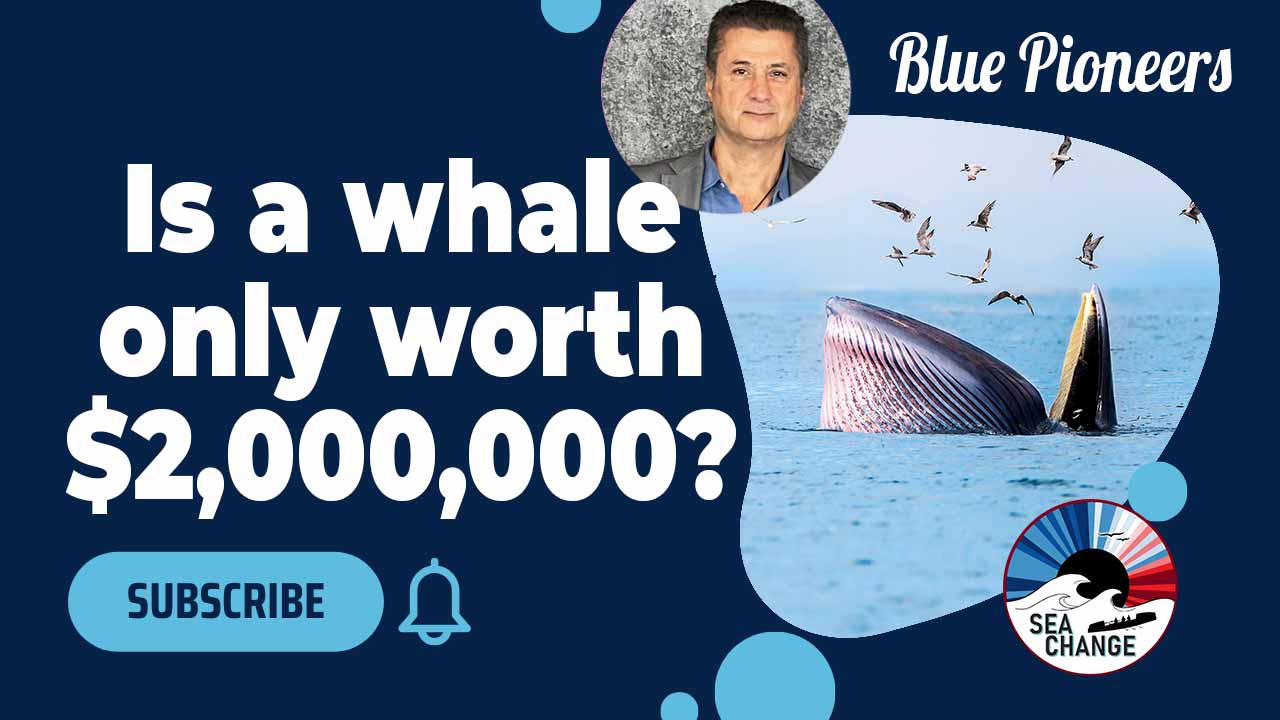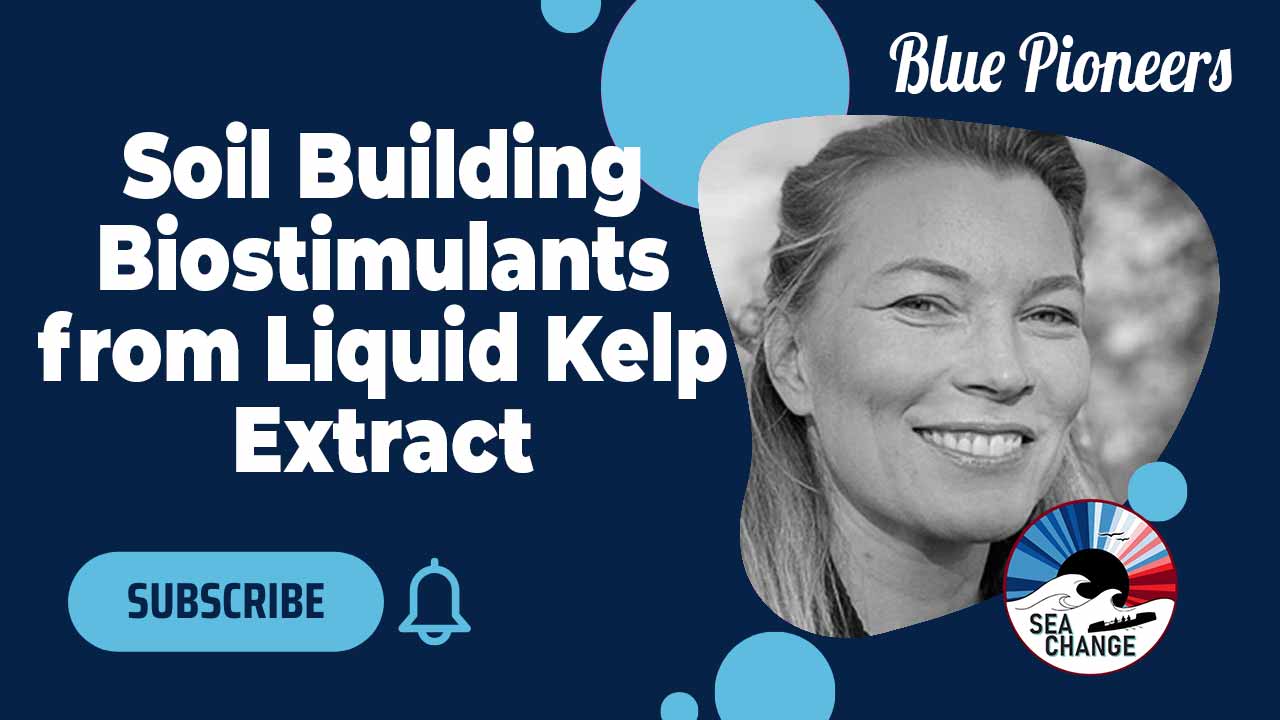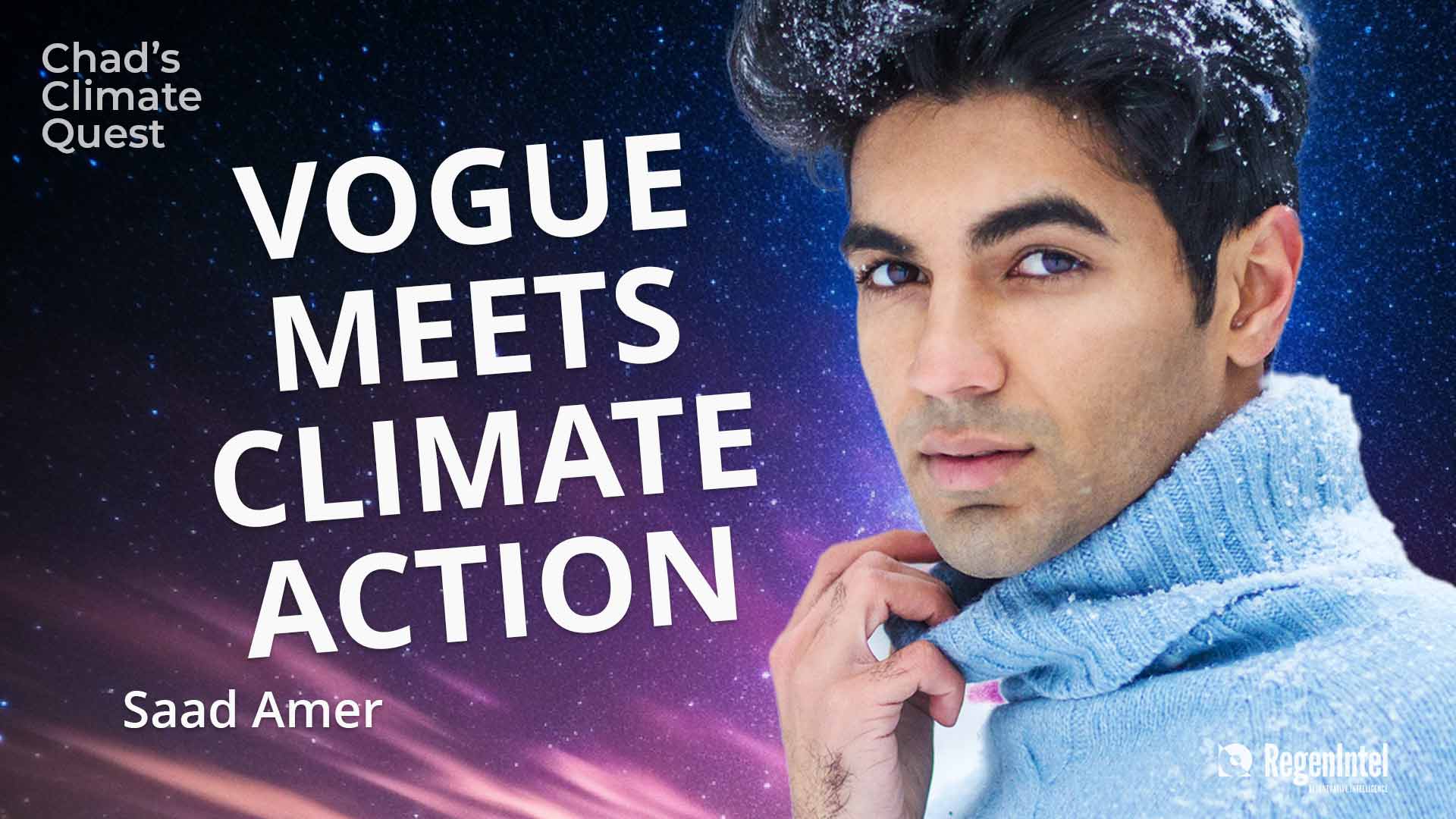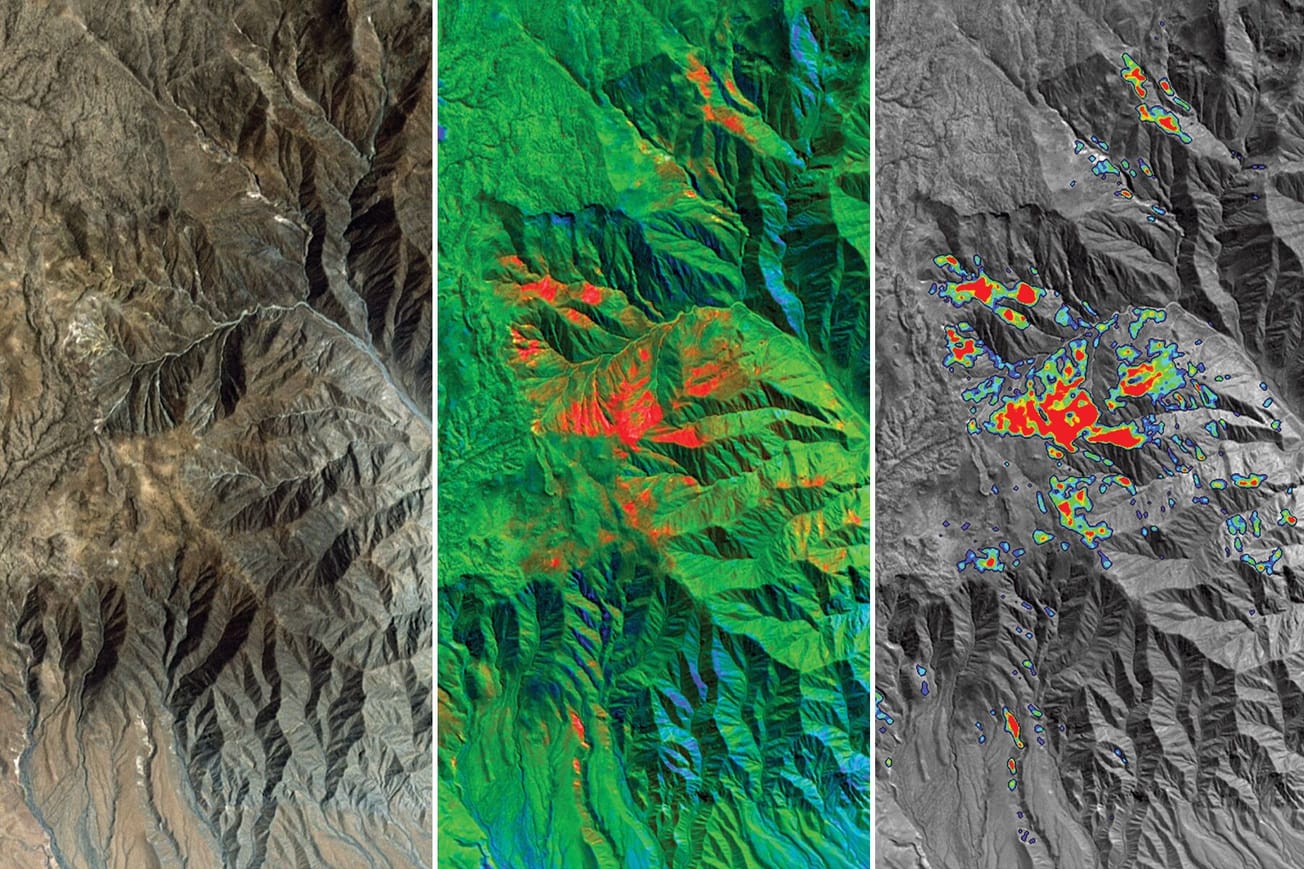Off the coast of Sussex, an ambitious project is underway to restore once-thriving kelp forests that have all but disappeared over the past few decades. The Sussex Kelp Recovery Project, led by researchers from the University of Sussex, aims to monitor and facilitate the recovery of this vital marine ecosystem following a trawling ban implemented in 2021.
Historically kelp, the name given to a group of brown seaweeds that form dense aggregations known as kelp forests, was abundant along the Sussex coastline and provided an essential habitat that supported both marine life and local fisheries. But 96% of this important habitat has diminished over time, leaving just a few small patches and individual plants. The Sussex Kelp Recovery Project has a goal to bring it back for the benefit of nature, fisheries, coastal communities and our planet.
The group worked with a diverse community to impose the local bylaw, which impacts livelihoods of some fisheries but also was supported by fishers who see that the recovery would lead to better fishing, sports fishing, net, potting and crabbing. The process included creating documentaries to visually show the impact and feature expert sources. Over time the fishers came to support the project as the awareness grew and public pressure for the ban also rose.
In this episode of Blue Pioneers, Host and Sea Change Row Expedition Skipper Kat Bruce spoke with Professor Peck, PhD student Alice Clark, and lecturer / project co-lead Valentina Scarponi from the University of Sussex to gain their insights into the importance of kelp forests and hear more about their work.
They painted a picture of a coastline that, prior to 1987, was teeming with life supported by extensive kelp beds stretching for kilometers out to sea. These underwater forests served as crucial nursery grounds for fish and provided habitat for countless marine species. A combination of factors including a major storm in 1987 and destructive bottom trawling practices led to the near-complete loss of Sussex's kelp forests. The ecosystem shift has had far-reaching consequences for local biodiversity and fisheries.
The ecosystem probably will not recover to the same state it was back in the 1980s, but it has a chance to become more biodiverse than it was when trawling was at its highest. In their most recent published study, the project team reported finding 81 different marine vertebrate species in the area, including dolphins, sharks, rays, cuttlefish and the rare European eel was picked up with eDNA samples. Still, this result is indicative of a sad, degraded ecosystem, Mika said.
But there are also reasons for hope. As Valentina pointed out, nature has a remarkable ability to bounce back when given the chance. The researchers emphasized the importance of public engagement and a shift in how we view our relationship with nature.
Looking to the future, Mika advocated for adopting a "rights of nature" legal framework that would allow ecosystems like the kelp forests to be represented in court against polluters or other threats. This paradigm shift, coupled with individual actions and collective activism, could pave the way for meaningful change.
Join in these important discussions with Blue Pioneers, as we face interconnected biodiversity and climate crises and explore projects like the Sussex Kelp Recovery offer valuable lessons in ecosystem restoration and the power of community-driven conservation efforts.
Episode Highlights:
- Sussex coastline once home to extensive kelp forests, crucial for marine biodiversity
- Trawling ban implemented in 2021 to allow ecosystem recovery
- Researchers using eDNA and video surveys to monitor biodiversity
- 81 marine vertebrate species identified so far, including rare European eel
- Challenges include climate change, pollution, and altered seabed conditions
- Researchers advocate for "rights of nature" legal framework
- Public engagement and shift in relationship with nature seen as crucial for conservation
- Project offers hope for ecosystem restoration efforts globally
About the Project:
The Sussex Inshore Fisheries and Conservation Authority is one of ten IFCAs around the coast of England which manage sea fisheries resources and the marine environment from mean high water out to six nautical miles. We have powers under the Marine and Coastal Access Act 2009 to write and enforce our own byelaws in our own districts to manage the exploitation of sea fisheries resources, including within Marine Conservation Zones. We came into force in April 2011, replacing our predecessors the Sea Fisheries Committees.
IFCA Vision
Inshore Fisheries and Conservation Authorities will lead, champion and manage a sustainable marine environment and inshore fisheries, by successfully securing the right balance between social, environmental and economic benefits to ensure healthy seas, sustainable fisheries and a viable industry.
Discover more about the UK’s largest marine rewilding project
Learn more about this episode’s Guests:
Mika Peck, professor of conservation ecology at the University of Sussex. https://www.linkedin.com/in/mika-peck-59263424/
Alice Clark, https://www.linkedin.com/in/alice-clark-phd/
Valentina Scarponi, lecturer at the University of Sussex co lead the kelp restoration project. https://profiles.sussex.ac.uk/p357470-valentina-scarponi
About Kat
Dr. Kat Bruce is CEO and Founder of NatureMetrics Ltd., a leading provider of biodiversity monitoring data, using eDNA surveys, metabarcoding and more.
She is the skipper of a team of six women who work in the fields of nature, climate and corporate sustainability will launch their data-collection Sea Change Row Expedition on June 9. Beginning at the Tower Bridge in Londone, the crew will row 2,000 miles around the British coastline without stopping and unassisted. Their mission to to collect data on biodiversity, microplastics, sound and ocean temperature, which will supporting a long term study on ocean health led by the University of Portsmouth.
The Blue Pioneers podcast documents the work that is being done and features projects that are on the Sea Change route this summer.
This blog was compiled using AI assistance.



